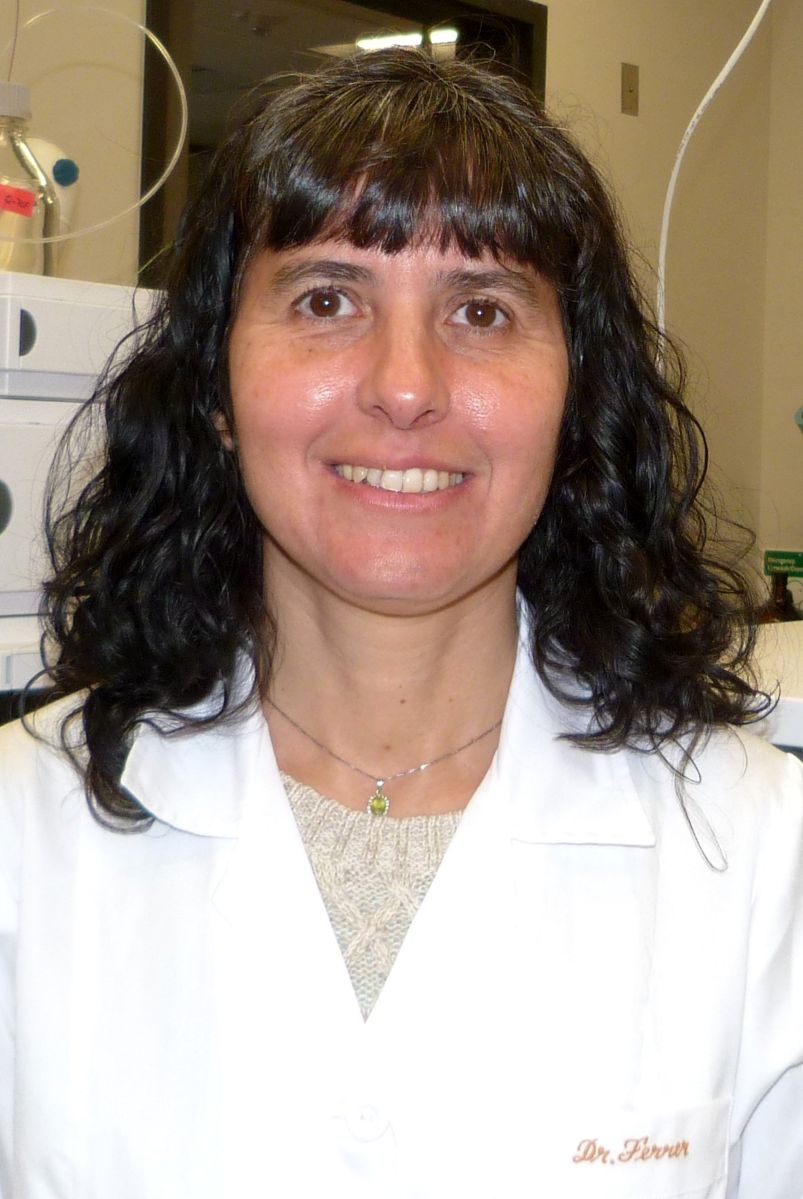DENVER – A Spanish scientist who has lived in Colorado for decades had to go to a federal senator to locate the only copy of her application for US citizenship after the document was mistakenly sent to an underground file in a cave in Missouri.
As was made public this Thursday during the naturalization ceremony of Dr. Imma Ferrer, born and educated in Barcelona, the intervention of Senator Michael Bennet, a Democrat from Colorado, allowed her not only receive United States citizenship after more than two decades in the country, but also continue her scientific career in this state.
Ferrer, married to an American, arrived in Colorado in 2000 to pursue postdoctoral studies at the Escuela de Minas (University of Mining) in Golden and then, in 2008, he began his work as a researcher of detection methods for environmental contaminants (specifically pesticides and m drugs) at the University of Colorado at Boulder.
Ago one year he completed his naturalization application and submitted it to the United States Citizenship and Immigration Service (USCIS). After the corresponding interviews, she was informed that 120 days later there would be a decision on her case.
But, instead of being notified Upon a decision, he was informed that USCIS had lost the application and therefore also important original documents that must be attached to that application.
Ferrer then contacted Bennett’s office, who discovered that , due to the COVID-19 pandemic, several federal immigration case files had been closed and remained closed, thus making it impossible for interested parties to access applications or corresponding documents.
One of these centers is the National Office of Archives and Records Administration, with underground facilities of millions of square meters built in abandoned mines and natural caverns in Kansas City, Missouri.
“She would never have been able to navigate the bureaucracy of the Immigration Service on her own. immigration and that is precisely what my office does,” said Bennet, presiding over the naturalization ceremony for Ferrer and other 19 people.
Once Bennet discovered where the “lost” documents of the Spanish scientist were, the senator had to convince the USCIS authorities to make a “special trip” to the caves of Kansas City to recover them. The institution agreed to that request and Bennet eventually delivered the documents to Ferrer in person.
According to the senator, if he and his office had not intervened, Ferrer’s request “would still be in the cave”.
At the conclusion of the ceremony of naturalization, Ferrer said that “it feels good to be able to say ‘Now I am a citizen of the United States’ and live in a democracy, something that does not happen in all countries.” Immediately, she and other new citizens registered to vote.
Ferrer indicated that she will now continue with her environmental research, her two most recent studies being those related to the challenge of detecting unknown contaminants in the water and pollution caused by hydraulic fracturing for the extraction of oil or natural gas.
Bennet, for his part, maintained that, after finding out about Ferrer’s situation, he will work from his seat in the federal Congress to help all the other immigrants who were also left in limbo .
